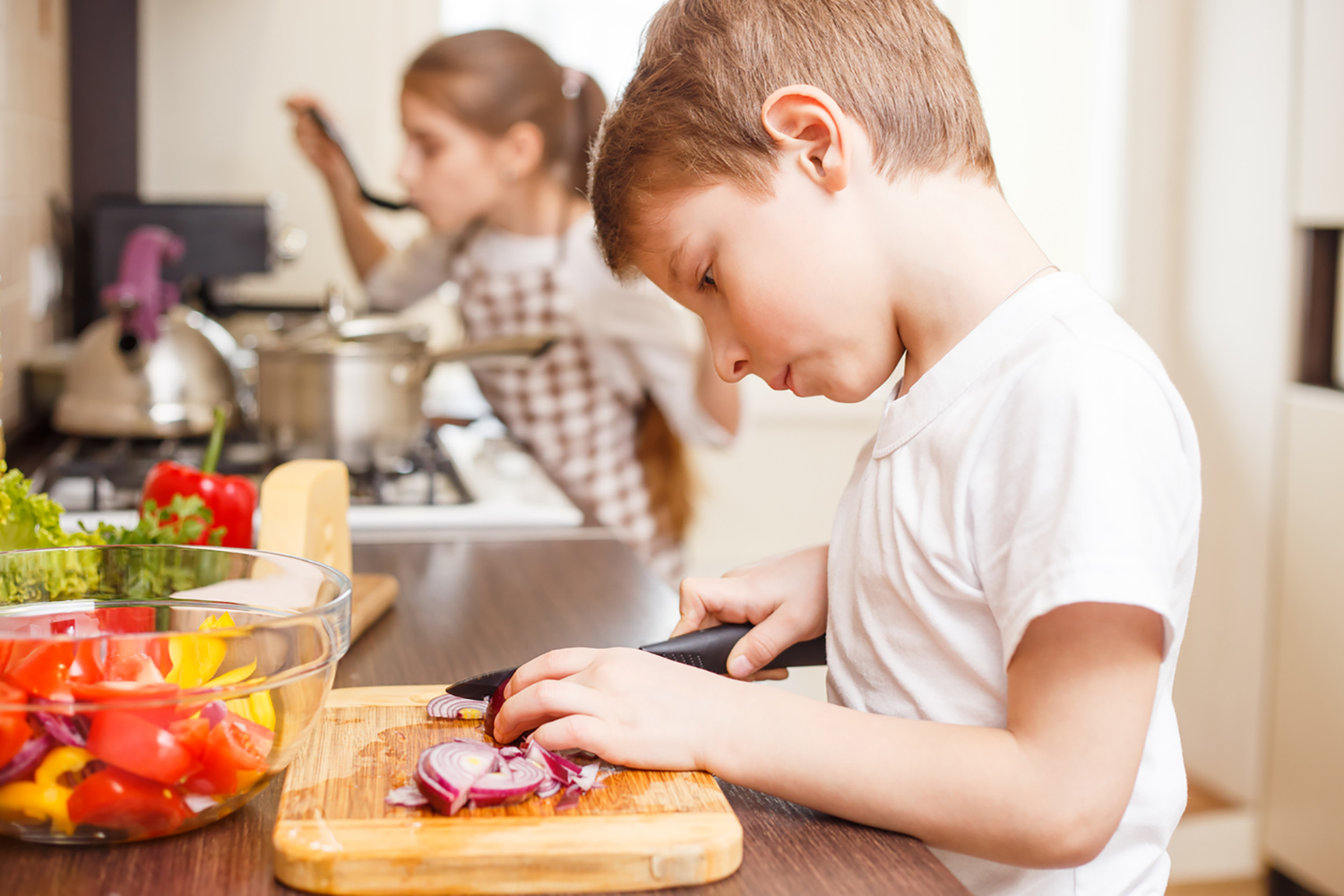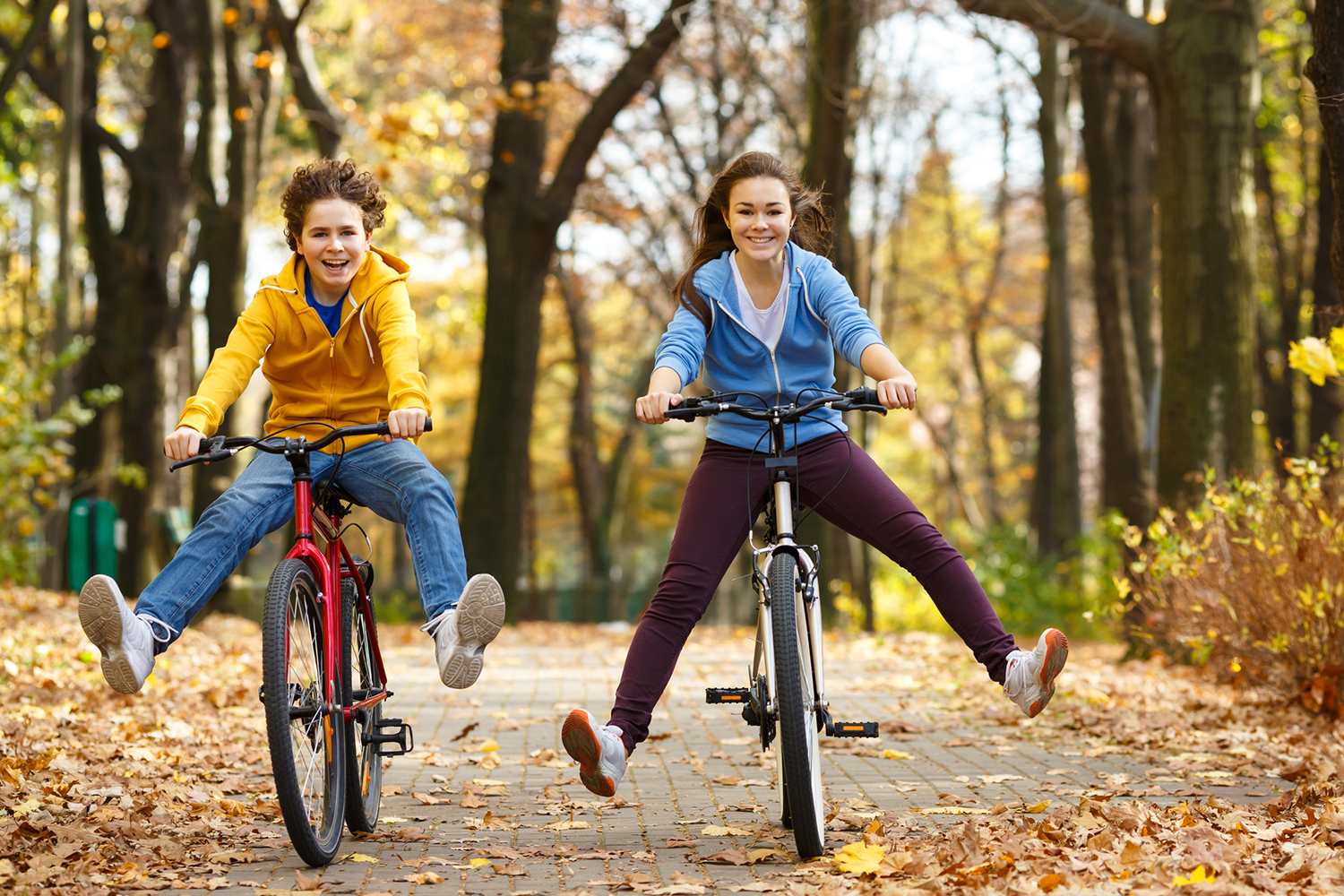One of the best places for kids to learn more about the environment is right in their own backyard.
With just a little time and know-how, your family can create a thriving home garden that not only supports a healthier planet, but can be enjoyed by generations to come. And by encouraging your kids to get their hands dirty and showing them what’s possible at home, you can plant the seed for a lifelong appreciation of the natural world.
What you can do now
1. Think about your garden design
To get the most out of your garden, it’s important to first take stock of what you already have and what you’d like to achieve. Have a look at your garden site to think about all the natural and non-natural factors, and how you can best work with these to create a productive, efficient garden.
For example, sunlight is a key consideration when planning your garden. Although some plants and vegetables do well in part shade (like beans, cabbages, cucumbers, lettuces, peas, potatoes and pumpkins), most plants need a lot of sun – so plan accordingly.
Water supply is another really important aspect of good garden design. Take a look at The Tropical Permaculture Guidebook for some great tips on how you can design your garden to improve access to water. These strategies can also help you reduce water waste and reliance on mains water – helping not only the environment but your water bills, too.
2. Go native
Choosing native plants throughout your garden wherever possible is a great way to benefit your local environment. Natives are much better equipped to cope with our climate conditions and are drought tolerant, so need much less water than exotic plants. They’re also cheap to buy and easy to maintain, making them an ideal choice for family gardens. What’s more, filling your garden with native plants can help attract wildlife and bees, providing a food and home source for local animals and insects. Head to Australian Native Plants Guide for more information on selecting the right plants for your garden.
3. Keep up the compost
Compost is an easy way to up the nutrients in your soil, boosting plant growth and helping your garden thrive. It’s also free and simple to make from kitchen scraps and other waste around your home. According to Sustainable Gardening Australia, ideal bits and pieces to add to your compost include:
- fruit and vegie scraps
- coffee grounds
- tea bags
- herbs
- autumn leaves
- egg shells (crushed)
- pizza containers
- egg cartons
- aged animal manure
- grass clippings
- chopped prunings
- shredded newspapers.
Take a look at The Tropical Permaculture Guidebook for more tips and advice on making and using compost.
4. Avoid chemicals
Chemicals such as pesticides and herbicides are not only damaging to the environment – they’ve also been shown to be harmful to human health. But the good news is that pests and disease can be controlled in sustainable ways that mean you rarely need to use pesticides or fungicides at all. Through simple steps like improving soil quality, encouraging pest predators, practising good garden management and using bait and traps, you can naturally take care of pests and other problems. Find out more information on these and other strategies at The Tropical Permaculture Guidebook.
5. Choose green materials
When planning an eco-friendly garden it’s not just the plants that are important. Just as critically, the materials you choose for structures, paths and fixtures can all have an impact on the environment. Wherever possible, look to use recycled materials or those made nearby. Not only will this give your garden character and link it to your local surroundings, you can also cut down on your carbon footprint by reducing the need to transport materials from far away.





